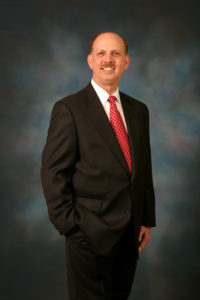Florida Dentist Convicted of First-Degree Murder of Florida Statue University Law Professor
 By George F. Indest III, J.D., M.P.A., LL.M., Board Certified by The Florida Bar in Health Law and Hartley Brooks, Law Clerk, The Health Law Firm
By George F. Indest III, J.D., M.P.A., LL.M., Board Certified by The Florida Bar in Health Law and Hartley Brooks, Law Clerk, The Health Law Firm
On November 6, 2023, a jury convicted a South Florida dentist of conspiracy to commit murder, solicitation of murder, and first-degree murder in the killing of his former brother-in-law. After more than three hours of deliberations, the jury delivered the verdict in the Second Judicial Circuit Court in Tallahassee, Florida.
The Relationship Between the Dentist and the Professor.
The Florida dentist’s sister was previously married to the Florida State University (FSU) Law professor. The couple separated in 2012 and divorced in 2013.
The couple battled in divorce […]



 By George F. Indest III, J.D., M.P.A., LL.M., Board Certified by The Florida Bar in Health Law
By George F. Indest III, J.D., M.P.A., LL.M., Board Certified by The Florida Bar in Health Law


 By George F. Indest III, J.D., M.P.A., LL.M., Board Certified by The Florida Bar in Health Law
By George F. Indest III, J.D., M.P.A., LL.M., Board Certified by The Florida Bar in Health Law